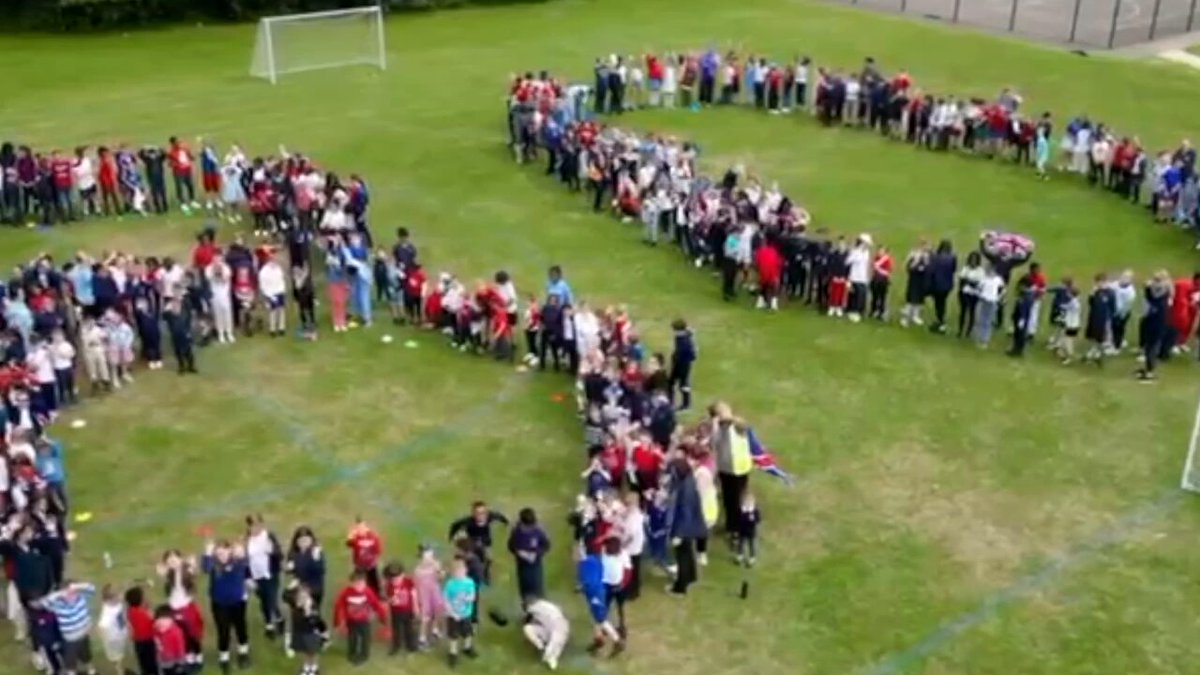Year 1 - Rainbow Fish & Elmer
Year 1 - Spring 1
As readers
Our class book this half term is ‘Wild’. We will be examining the illustrations in the book by turning detective to find clues to predict and infer meaning. We will also be learning how to summarise the story so far, along with comprehension and understanding new vocabulary.
As a key stage, we will be continuing to work on our reading using the Read Write Inc. Scheme. The children were all re-assessed before Christmas and will be settled into their new groups at the start of the new term. Parents should expect to receive a copy of the reading book the children are currently reading in their phonics groups, as well as a ‘Book Bag’ book.
As writers
Using our book, ‘Wild’, we will be learning about the features of an illustration and how we can use it to deduce and infer meaning. We will also be learning about the features of a diary entry, such as writing in the first person. We will use these skills to write our own diary entry towards the end of this half term.
Key vocabulary: suffix, infer, deduce, predict, question mark, plurals, first person.
As Mathematicians
We shall be exploring place value, discovering the different manipulatives we can use to support counting within 20. We will begin to estimate on a number line as well as investigating our number bonds of and to 20.
After that, we will be learning about doubles, then continuing our work on subtraction – finding the difference between two numbers within 20 using a range of manipulatives. This will then lead us onto missing number problems.
Key vocabulary: add, plus, more, less, equals, take-away, subtract, minus, fact families, number bonds, doubles, estimate.
As scientists
This spring, year 1 will be investigation animals including humans. We will start by identifying what body parts we have, and then investigating which senses are connected to what body part.
We will then be observing animals; learning to identify and name some of the most common in our world, then sorting them using a given criteria. We will also be examining the diet of animals and identifying, naming and sorting animals into their food groups – herbivores, carnivores and omnivores.
Key vocabulary: All body parts, senses, sight, touch, hearing, smelling, taste, legs, feet, wings, birds, fish, ears, tails, feathers, hair, plants, food, diet, omnivore, carnivore, herbivore.
As Historians
We will be travelling back in time to discover all about Florence Nightingale. A young nurse who became a very important figure who made radical changes in the world of nursing. Nightingale had made nursing a respectable profession and had also brought about significant changes in cleanliness and patient care in hospitals.
We will explore the main events in Florence Nightingale’s life, her travels, the changes she made and how she is remembered today.
As artists
We will be examining the work of Henri Rousseau. We will be learning about secondary colours: how to mix two primary colours to make a new colour and adding tones to neat paint. We will also be drawing the features of a forest and learning how to pain a leaf using tones by adding black and white paint.
Key vocabulary: primary colours, secondary colours, mixing, tones.




























